Step-by-Step Guide to Using AI for Job Hunting
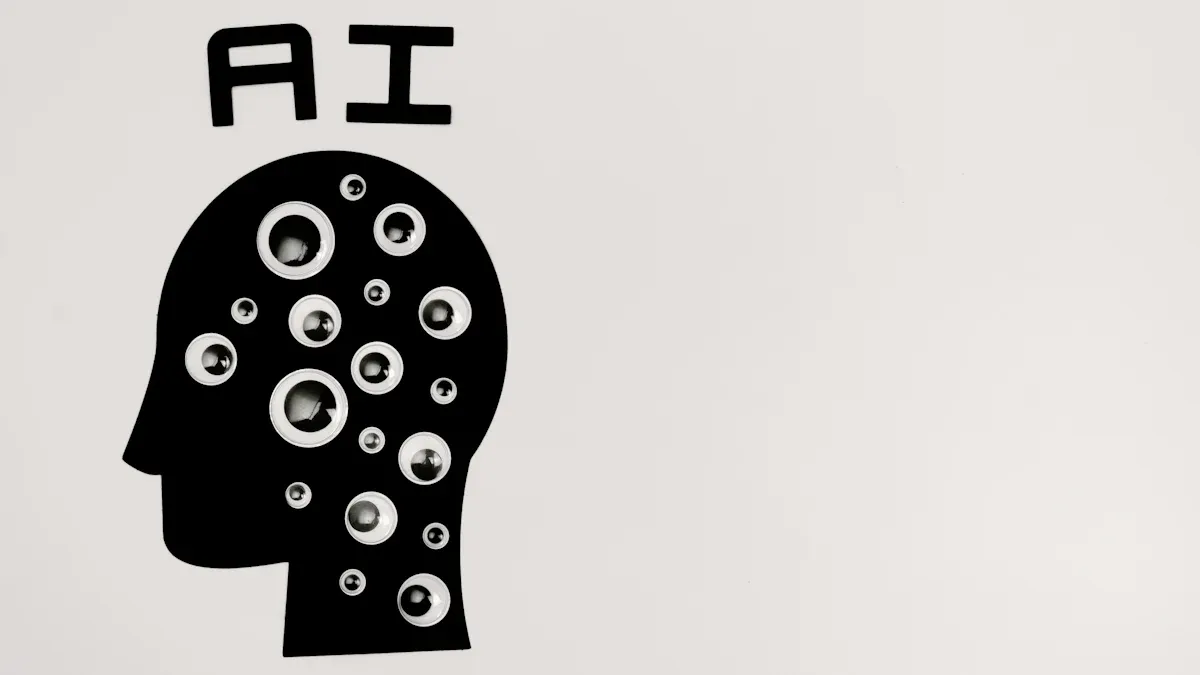
The job search process has changed a lot, and AI is leading the way. You’ve probably noticed how technology is everywhere now, even in finding a job. AI tools can help you save time, make smarter choices, and even boost your chances of landing the perfect role. They’re not just fancy gadgets—they’re game-changers. Wondering how to use AI to find a job? It’s simpler than you think. With the right tools, you can improve your efficiency and focus on what really matters: getting hired.
Understanding AI in Job Hunting
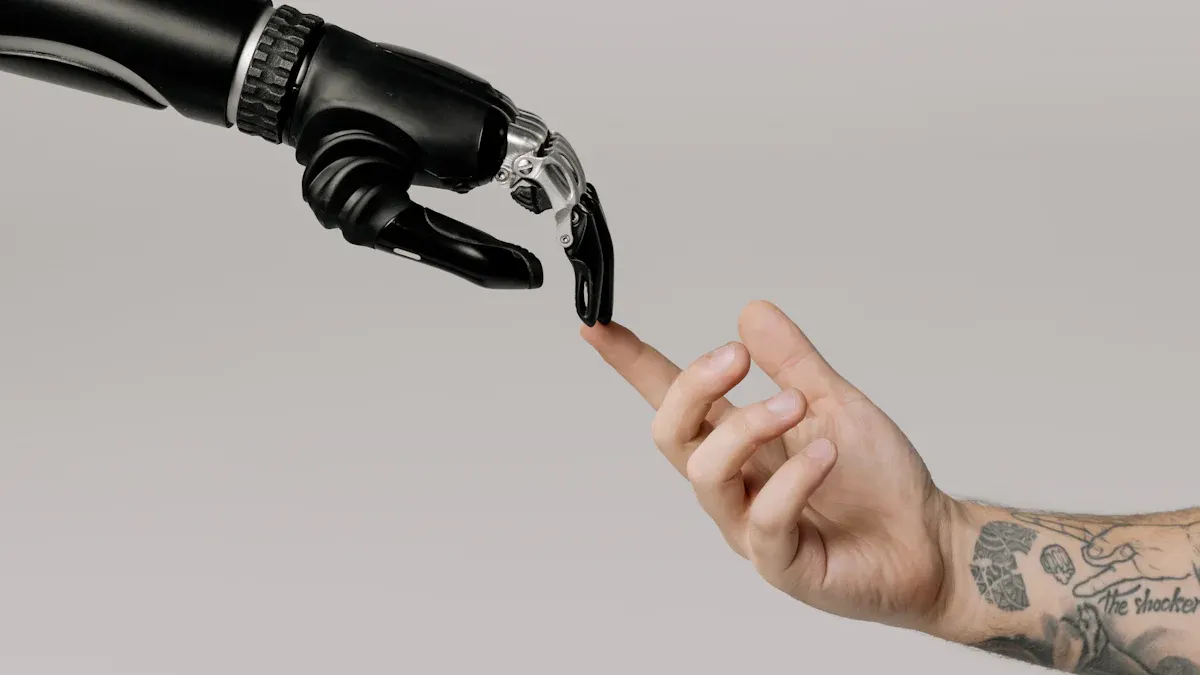
The role of AI in job search
AI has completely changed the way you look for a job. It’s like having a personal assistant that works 24/7 to help you find the right opportunities. AI can scan thousands of job postings in seconds, saving you hours of scrolling. It also helps recruiters by sorting through resumes and matching candidates to roles faster than ever. This means you need to stand out in a world where AI plays a big part in the job search process.
AI doesn’t just help companies—it helps you too. It can analyze your resume, suggest improvements, and even predict how well you match a job posting. AI-powered software can also guide you in identifying the skills you need to improve. With AI, you’re not just searching for jobs; you’re making smarter choices.
How to use AI to find a job effectively
Learning how to use AI to find a job effectively is easier than you think. Start by using AI tools to create a resume that’s tailored to the roles you want. These tools can optimize your resume for applicant tracking systems (ATS), increasing your chances of getting noticed. Next, use AI job search tools to discover openings that match your skills and interests. Many platforms offer personalized job recommendations based on your profile.
AI can also help you prepare for interviews. Some tools simulate mock interviews, giving you feedback on your answers. This makes you more confident and ready for the real thing. By using AI strategically, you can make every step of your job search more efficient.
Popular AI tools for job hunting
There are plenty of AI tools available to make your job search easier. For resumes, tools like Zety and Resume.io can help you craft professional documents. If you’re looking for job recommendations, platforms like LinkedIn and ZipRecruiter use AI to suggest roles that fit your profile. Tools like Jobscan analyze your resume and compare it to job descriptions, ensuring you’re a strong match.
For interview prep, try tools like Interview Warmup by Google. It uses AI to simulate questions and give you tips on improving your responses. These AI job search tools are designed to save you time and help you land the job you want.
Step-by-Step Guide to Using AI
Resume Building
Creating resumes with AI tools
Making a great resume can feel hard, but AI helps. Tools like Zety or Resume.io guide you step-by-step. They help you pick a good design and format. These tools also suggest strong words to use. Just add your details, and the AI does the rest. It’s like having a helper for writing resumes. An AI-made resume looks neat and ready to impress employers.
Making resumes ATS-friendly with AI
Many companies use ATS to sort resumes. If your resume isn’t ATS-friendly, it might get skipped. AI tools can fix this by finding the right keywords to add. Tools like Jobscan check your resume against job postings. They show what to improve so recruiters notice you. This boosts your chances of getting an interview.
Writing Cover Letters
Personalized cover letters with AI
Writing cover letters can be tough, but AI makes it simple. AI reads the job description and writes a letter just for that role. Platforms like ChatGPT or CoverLetterAI can do this for you. These tools make sure your letter shows your skills and fits the job. It’s a fast way to make a good impression.
Keeping your voice in AI-written letters
AI can write your cover letter, but you should edit it. Add your own words and examples to make it sound like you. This makes your letter feel real and not like a robot wrote it. AI helps, but your personal touch makes it special.
LinkedIn Optimization
Improving profiles with AI tools
Recruiters often check LinkedIn first. AI tools can help make your profile better. They give tips for your headline, summary, and work history. These tools make sure your profile matches the jobs you want. A strong LinkedIn profile gets you noticed by more recruiters.
Adding keywords and skills with AI
AI can study job ads to find important keywords and skills. Use these to update your LinkedIn profile. Adding these words helps recruiters find you faster. Tools like SkillSyncer or LinkedIn’s AI features make this easy. Matching your profile to job trends keeps you ahead in your search.
Job Matching and Recommendations
Using AI for personalized job recommendations
Finding the right job can feel hard, but AI helps. These tools look at your skills, experience, and preferences. Then, they suggest jobs that fit you perfectly. This saves time and shows roles that match your goals. Platforms like LinkedIn and ZipRecruiter use AI to find jobs that suit your profile.
It’s like having a coach who knows your dream job. No more endless scrolling through job boards. Let AI handle the search while you prepare for exciting roles.
Setting up alerts for AI-suggested roles
After choosing a platform with job suggestions, set up alerts. Many AI tools send notifications for jobs that match your needs. This way, you won’t miss any great chances.
Tip: Be clear about what you want. Add job titles, locations, and industries for better alerts.
With AI watching for new jobs, you stay ahead without constant checking.
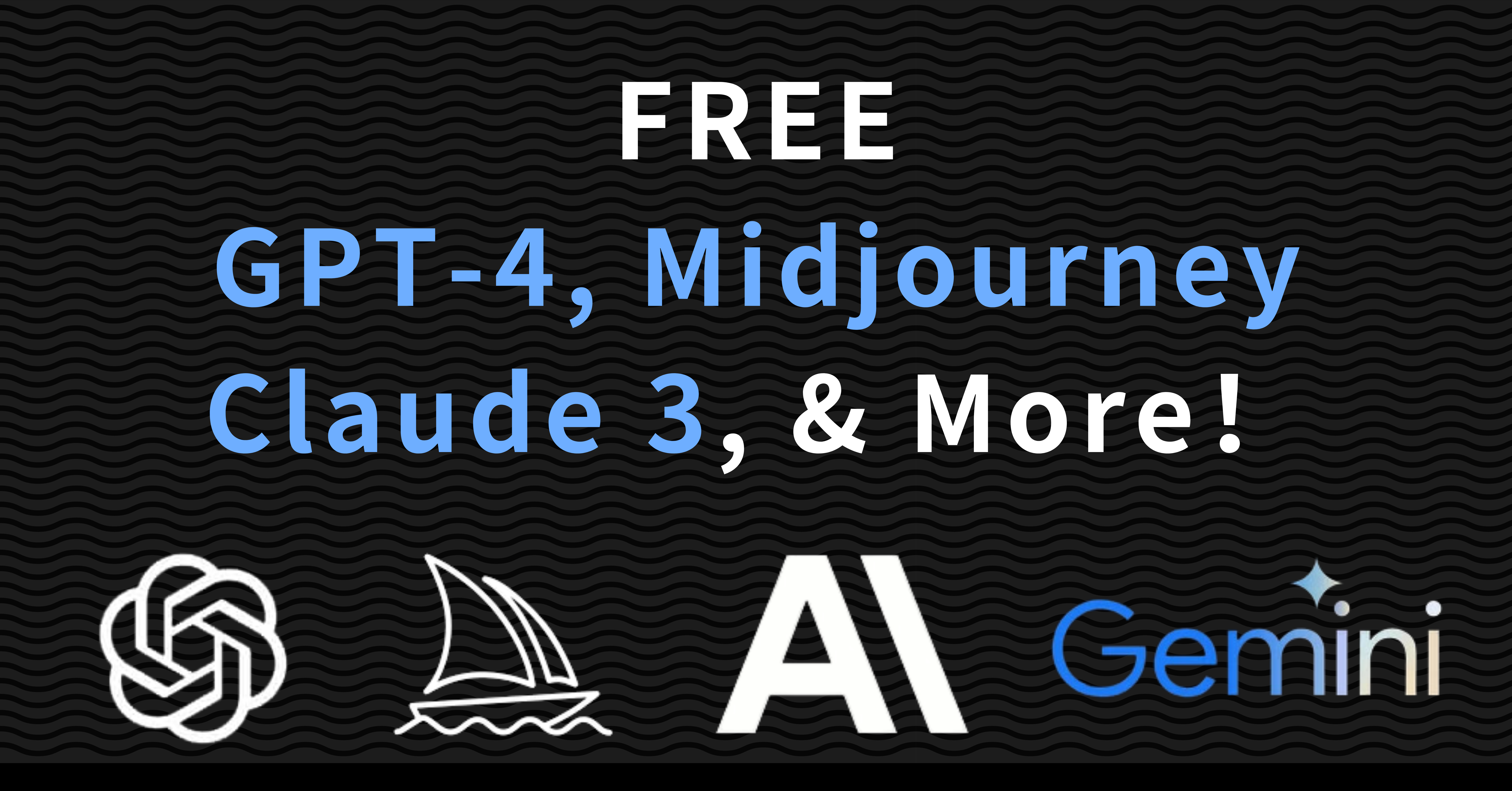
Pay-as-You-Go:
Top Up from Just $1 Balance Never Expires
All-in-One: Access All Models in One Place
AI Total Data Privacy
Unlimited Usage Limitation
Accepts Fiat and Crypto Payments
Automating Applications
Streamlining applications with AI tools
Applying for jobs takes time, but AI makes it faster. Tools like Simplify or LazyApply save your details and fill forms for you. This means you don’t have to type the same info again and again. It gives you more time to get ready for interviews.
AI also checks your applications for mistakes. It fixes errors and makes sure everything looks good before you send it.
Tracking applications efficiently
It’s easy to lose track of where you’ve applied. AI tools like Huntr or Teal keep everything organized. They show all your applications and their progress in one place.
Note: Staying organized helps you follow up and avoid applying twice.
With AI managing your applications, you can focus on doing well in interviews.
Interview Preparation
Practicing with AI mock interviews
Interviews can be scary, but AI tools help you practice. Platforms like Interview Warmup create fake interviews for you to try. They give feedback to improve your answers and boost your confidence.
AI practice feels like having a coach by your side. You’ll feel ready to answer any question.
Improving responses with AI analysis
AI doesn’t just help you practice—it makes you better. It checks your tone, words, and even body language (if video-based). It shows where you can improve to make a strong impression.
With AI’s help, you’ll feel confident and ready for your next interview.
Benefits and Challenges of Using AI
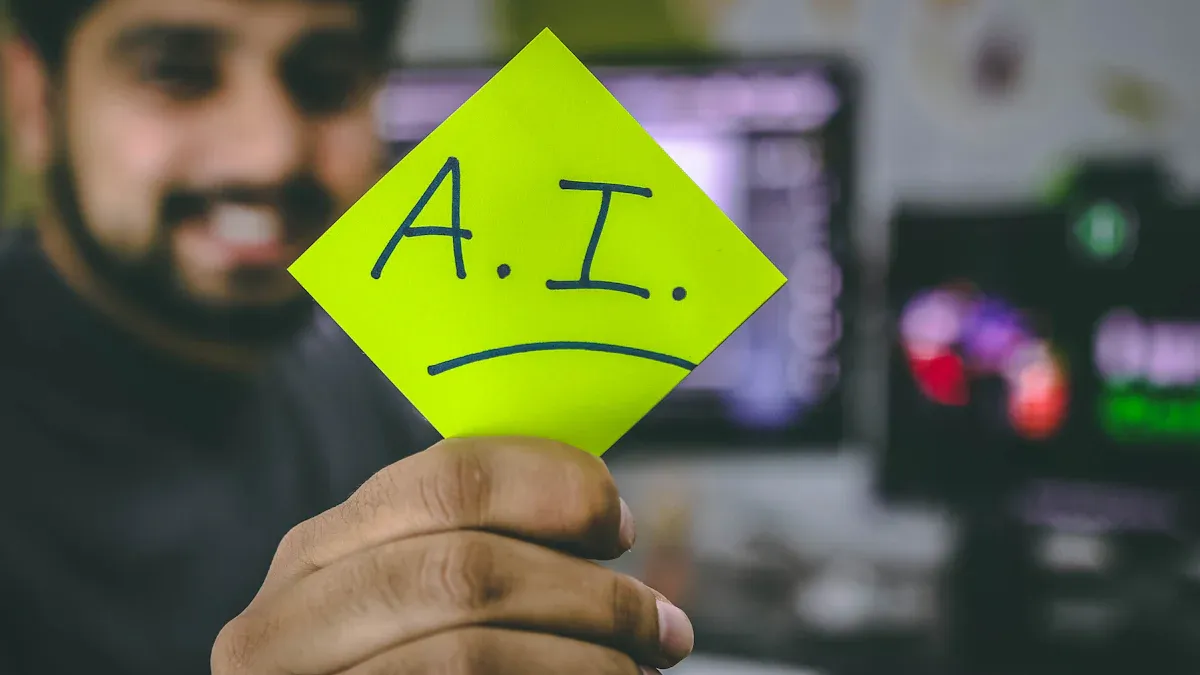
Benefits
Saving time with automation
AI makes finding jobs quicker and simpler. Instead of searching job boards for hours, let AI tools help. These tools check thousands of jobs in seconds to find matches. They also handle tasks like filling forms or fixing resumes. This saves time and lets you focus on interview prep.
Tip: Try AI recruitment tools to speed up your job search.
Smarter job suggestions
AI doesn’t just save time—it gives better advice. It looks at your skills, experience, and likes to suggest jobs. This way, you avoid wasting time on bad matches. Platforms like LinkedIn use AI to find jobs that fit your goals. It’s like having a coach to guide your career.
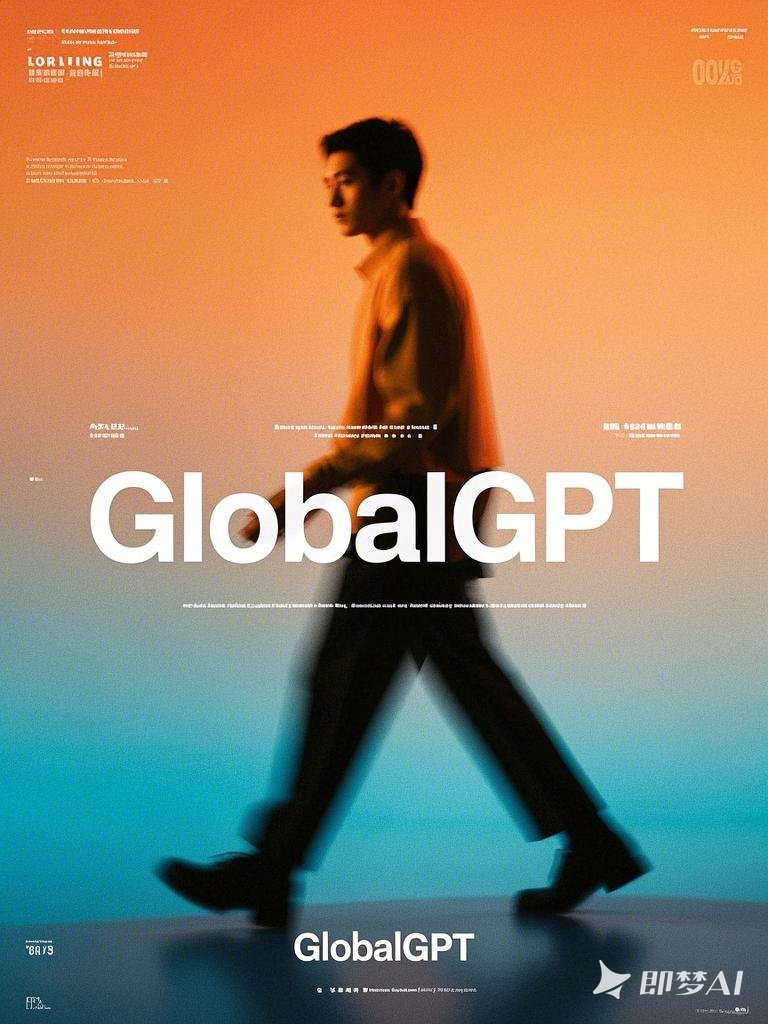
Challenges
Fixing biases in AI systems
AI isn’t always fair. Sometimes, it favors certain words or profiles. This can leave others out and make things unfair. Make sure your resume and profile match what AI looks for.
Note: Update your resume and LinkedIn often to stay current.
Keeping your data safe
Using AI tools means sharing personal details. This can raise worries about how your data is used. Some tools may not protect your info well. Always pick trusted platforms and check their privacy rules.
Alert: Use secure tools and avoid sharing too much personal info.
Best Practices for Using AI
Mixing AI with your own judgment
AI is helpful, but it’s not always right. Always check its advice with your own thoughts. If an AI suggests a job that feels wrong, trust yourself. AI uses data, but it doesn’t know your personal goals.
Think of AI as a helper, not the boss. Let it save you time and find options, but you decide what’s best. This way, you stay in charge while using AI’s speed and accuracy.
Keeping your details updated
AI tools work with the info you give them. If your resume or LinkedIn is old, AI might suggest bad matches. To get better results, update your details often.
Add new skills, awards, or projects to your resume. Update LinkedIn with recent achievements. When AI has correct info, it finds jobs that fit you better.
Tip: Check and refresh your profiles every few months. It helps a lot.
Staying safe with your information
AI tools need your personal info like name and email. Be careful with what you share. Use trusted tools with good privacy rules. Don’t give extra details like your full address or bank info.
If a tool asks for too much, pause and research it. Make sure it’s safe before sharing more. Your data is important, so always protect it.
Leveraging multiple AI tools for a comprehensive approach
Relying on just one AI tool for your job search might limit your results. Each tool has its strengths, and combining them can give you a more complete approach. Think of it like building a toolkit—you wouldn’t use just one tool to fix everything, right? The same idea applies here.
Start by identifying what each AI tool does best. For example:
Resume tools like Jobscan or Zety help you create ATS-friendly resumes.
Job search platforms like LinkedIn or ZipRecruiter suggest roles tailored to your skills.
Interview prep tools like Interview Warmup simulate real-life scenarios to boost your confidence.
By using these tools together, you cover all aspects of your job hunt. One tool might highlight a skill you forgot to include, while another finds a job that matches it perfectly.
Tip: Keep a list of the tools you’re using and what they’re for. This helps you stay organized and ensures you’re not missing any steps.
You can also experiment with different combinations. For instance, use ChatGPT to draft a cover letter, then refine it with Grammarly for grammar and tone. Or, pair LinkedIn’s job suggestions with SkillSyncer to optimize your profile for those roles.
The key is balance. Don’t overwhelm yourself by trying too many tools at once. Focus on a few that work well together. With the right mix, you’ll make your job search faster, smarter, and more effective.
Note: Regularly update your inputs across all tools to get the best results. AI works best when it has accurate, up-to-date information.
AI is a strong helper for finding jobs. It saves time, finds jobs that fit you, and helps you get ready. Using AI tools can improve your chances of getting hired.
Remember: AI helps, but you still need to put in effort. Make resumes, cover letters, and interviews personal.
Let AI make things easier, but stay true to yourself. When you mix technology with your own skills, you’ll shine and do well in today’s tough job market.
